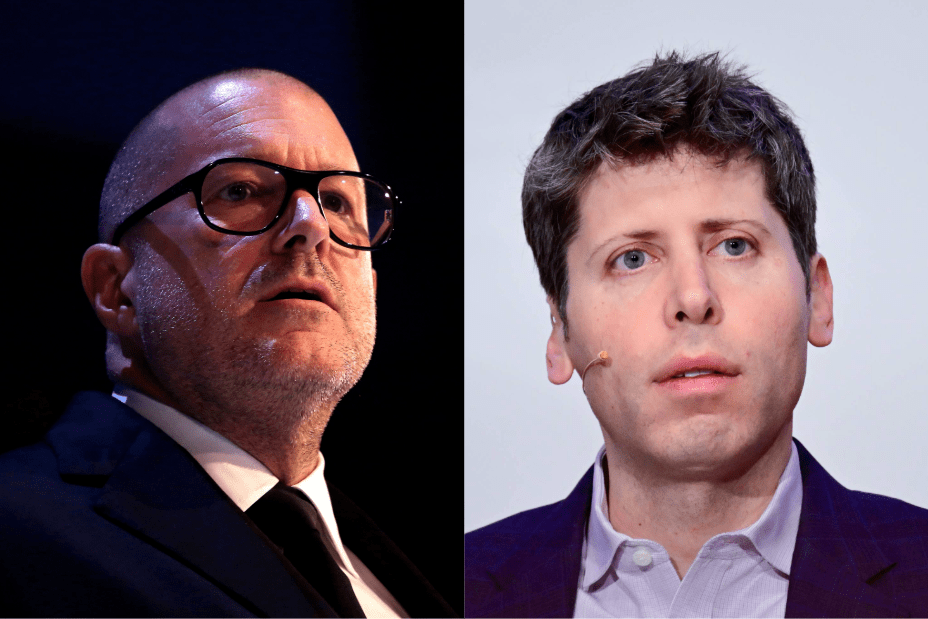OpenAI is reportedly mulling a deal to buy io Products, a hardware startup looking to make an A.I. device, for up to $500 million, The Information reported. io Products, which took shape about two years ago, involves several notable tech figures, including OpenAI CEO Sam Altman and former Apple (AAPL) designer Jony Ive. It has also attracted the attention of Steve Jobs’ widow, Laurene Powell Jobs.
The startup took shape after Altman and Ive were introduced by AirBnb (ABNB) CEO Brian Chesky, a close friend of Altman who has previously worked with Ive’s design studio LoveFrom, which Ive launched shortly after leaving Apple in 2019. Ive spent nearly three decades at Apple honing the company’s distinct sleek aesthetic.
LoveFrom engineers, many of whom also formerly worked with Ive at Apple, are in charge of building io Products’ consumer device that could aid users in everyday tasks, according to The Information. OpenAI, meanwhile, is supplying the technology. The project’s current employees include the likes of Tang Tan, who previously led iPhone product design, and Evans Hankey, who formerly succeeded Ive to lead design efforts at Apple. It’s unclear whether Tan and Hankey would join OpenAI if a potential acquisition took place, noted The Information.
What exactly io Products is working on remains a mystery. The venture has stayed silent on its plans for an A.I.-powered personal product, which could reportedly take the shape of a household device. One thing is for sure: it won’t be a traditional smartphone. “I don’t think you should try to do a better phone,” Altman told Axios of the project last year.
io Products is backed by Ive himself and tech investors such as Emerson Collective, the investment firm founded by Steve Jobs’ widow, Laurene Powell Jobs. As of last September, the startup was reportedly on track to raise up to $1 billion by the end of 2024.
Since its rise into mainstream tech in 2022, OpenAI has made efforts to expand beyond just making A.I. models. In addition to exploring a potential web browser product that would compete with Google, the company is currently finalizing designs for its own in-house A.I. chips in a bid to reduce its dependency on Nvidia (NVDA). OpenAI is hoping to begin mass producing these chips at Taiwan Semiconductor Manufacturing Company (TSMC) by next year. TSMC also manufactures chips for Nvidia and Apple.

